Dental software is an essential tool for modern dental practices, designed to streamline operations, enhance patient care, and improve overall practice management.
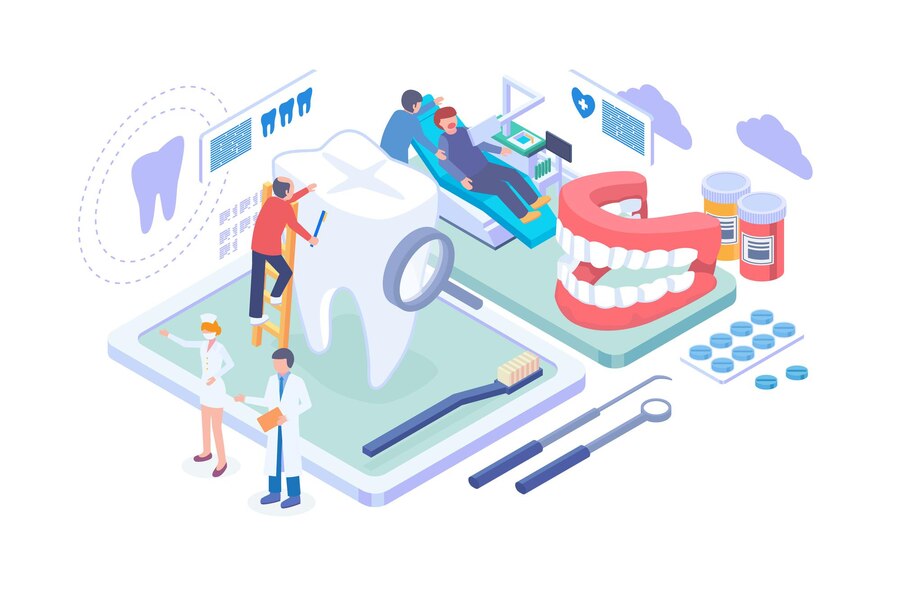
Key Features of Dental software
1. Appointment Scheduling
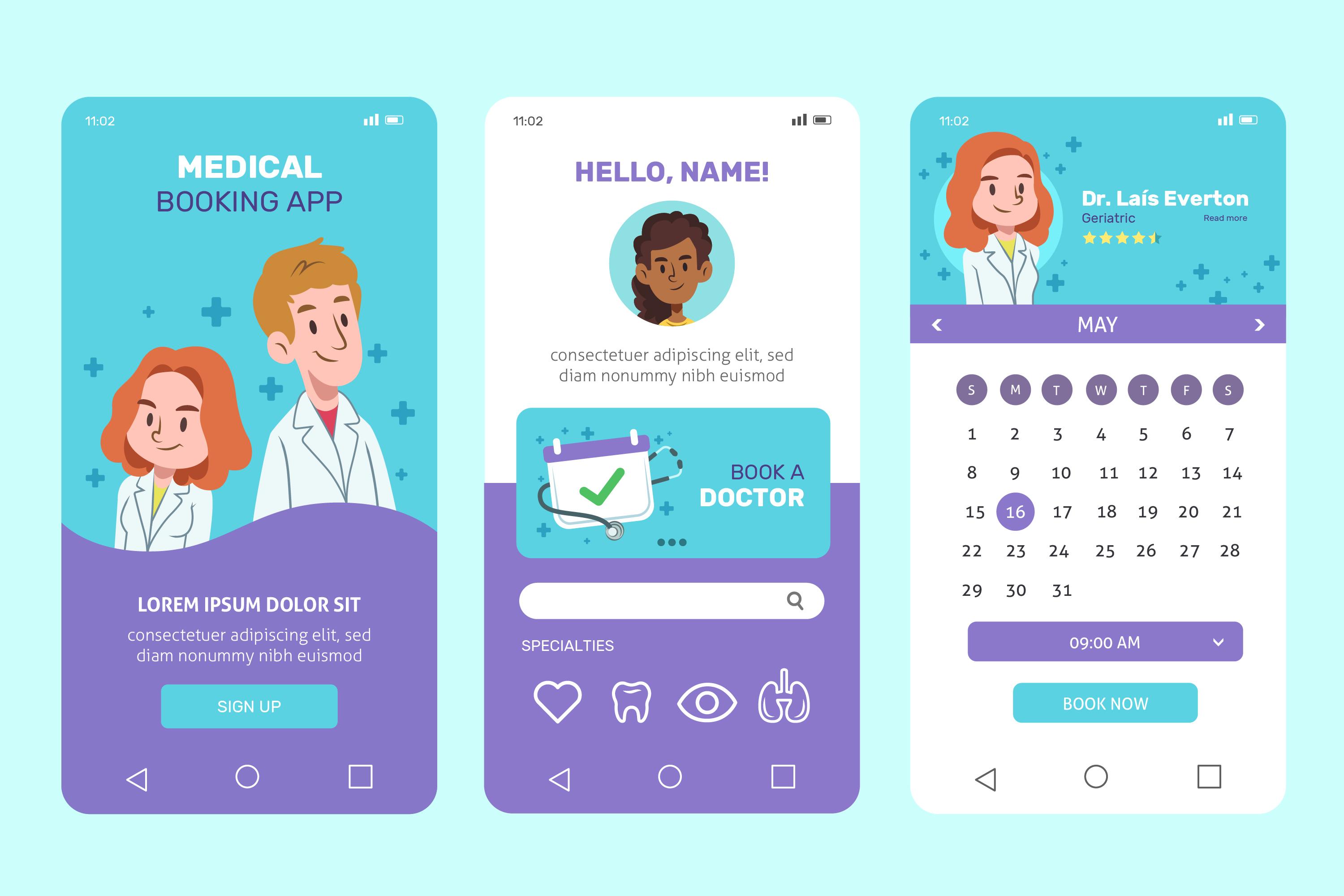
Dental software provides robust appointment scheduling features that integrate with calendars to manage bookings efficiently. Key elements include:
Automated Reminders: Sends reminders via SMS or email to reduce no-shows and cancellations.
Online Booking: Allows patients to book appointments online, offering convenience and flexibility.
Calendar Integration: Synchronizes with popular calendar systems to streamline scheduling.
2. Patient Management
Centralized electronic health records (EHR) are fundamental to dental software, offering:
Comprehensive Records: Securely stores patient medical histories, treatment plans, and progress notes.
Patient Portals: Enables patients to access their records, appointment schedules, and billing information.
Data Security: Ensures compliance with regulations like HIPAA, protecting patient information through encryption and secure access controls.
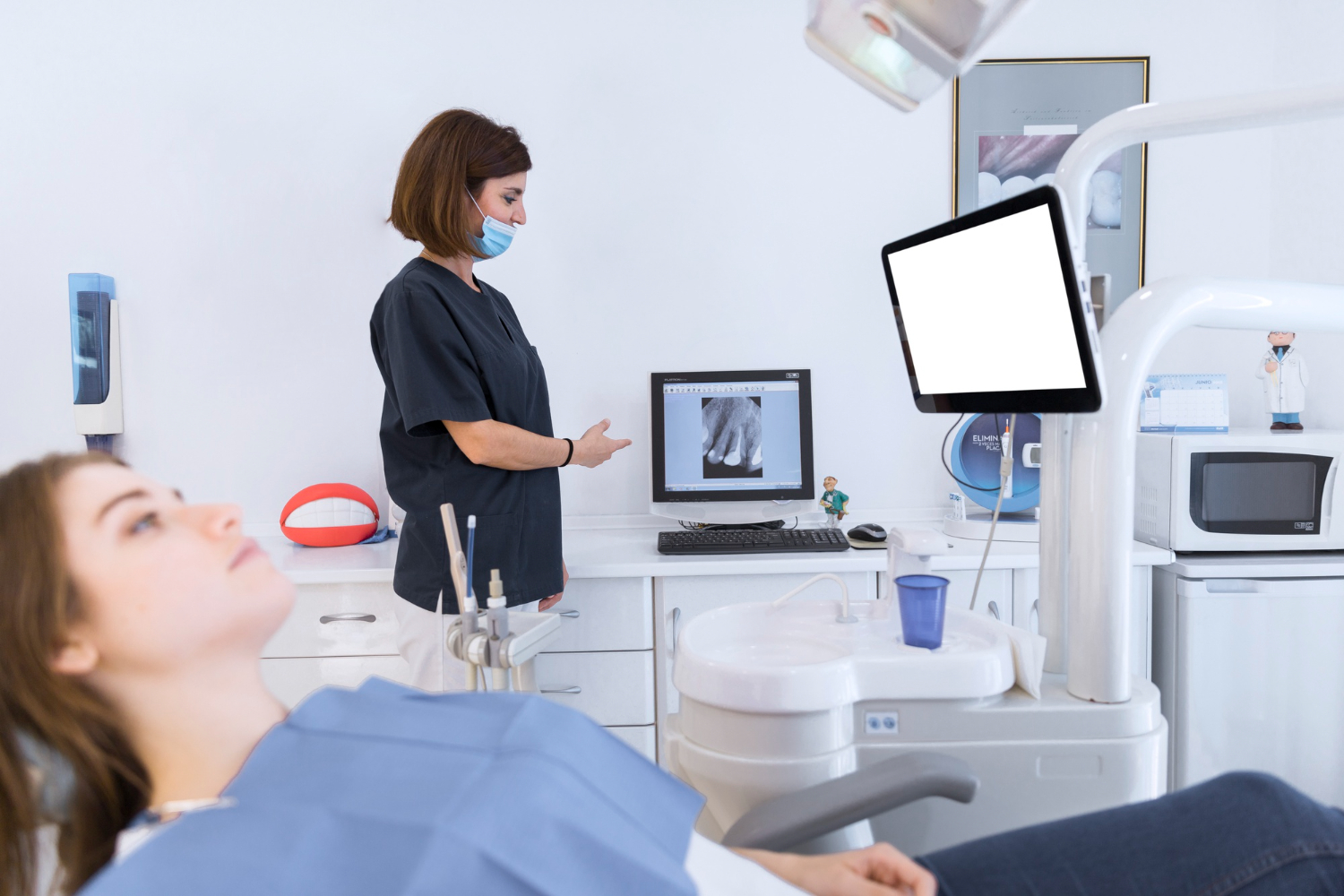
3. Billing and Invoicing

Dental software simplifies financial processes through:
Insurance Claims: Manages insurance claim processing, including verification and electronic submission.
Payment Processing: Supports various payment methods, including credit cards and electronic payments.
Financial Reporting: Generates detailed financial statements and reports to aid in effective financial management.
4. Clinical Management
Clinical management tools within dental software include:
Treatment Planning: Facilitates the creation and management of detailed treatment plans.
Clinical Notes: Allows for efficient documentation of clinical notes and observations.
Digital Imaging Integration: Stores and manages X-rays, intraoral photos, and other digital images for accurate diagnosis and treatment planning.

5. Inventory Management
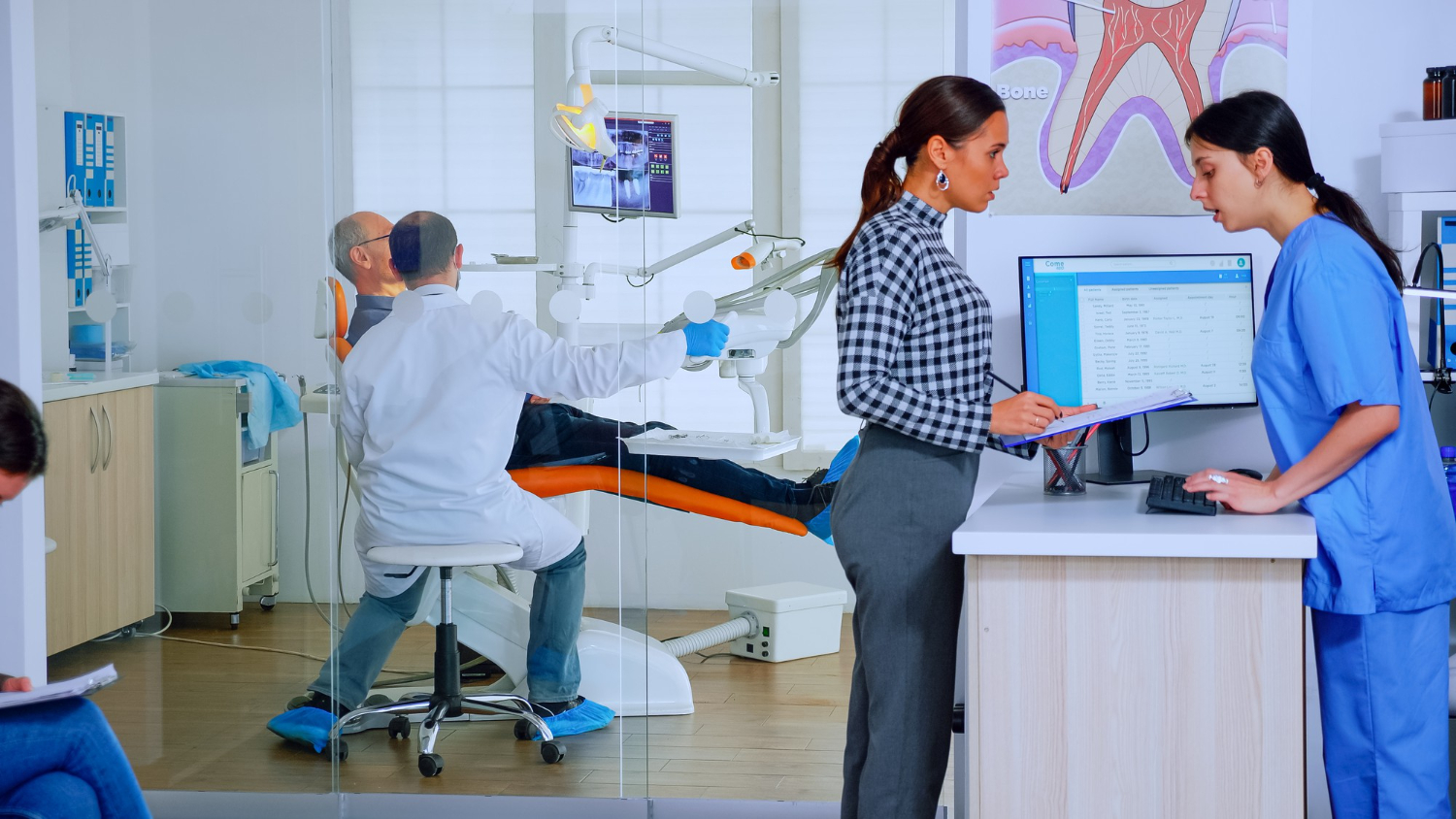
Inventory management features help track and control dental supplies and equipment, including:
Stock Control: Monitors inventory levels to prevent shortages.
Automated Reordering: Automatically orders supplies when stock levels are low.
6. Communication Tools
Effective communication tools enhance patient engagement and team collaboration:
Patient Communication: Automates appointment reminders, follow-up messages, and promotional communications.
Internal Messaging: Facilitates communication among dental team members.

7. Reporting and Analytics
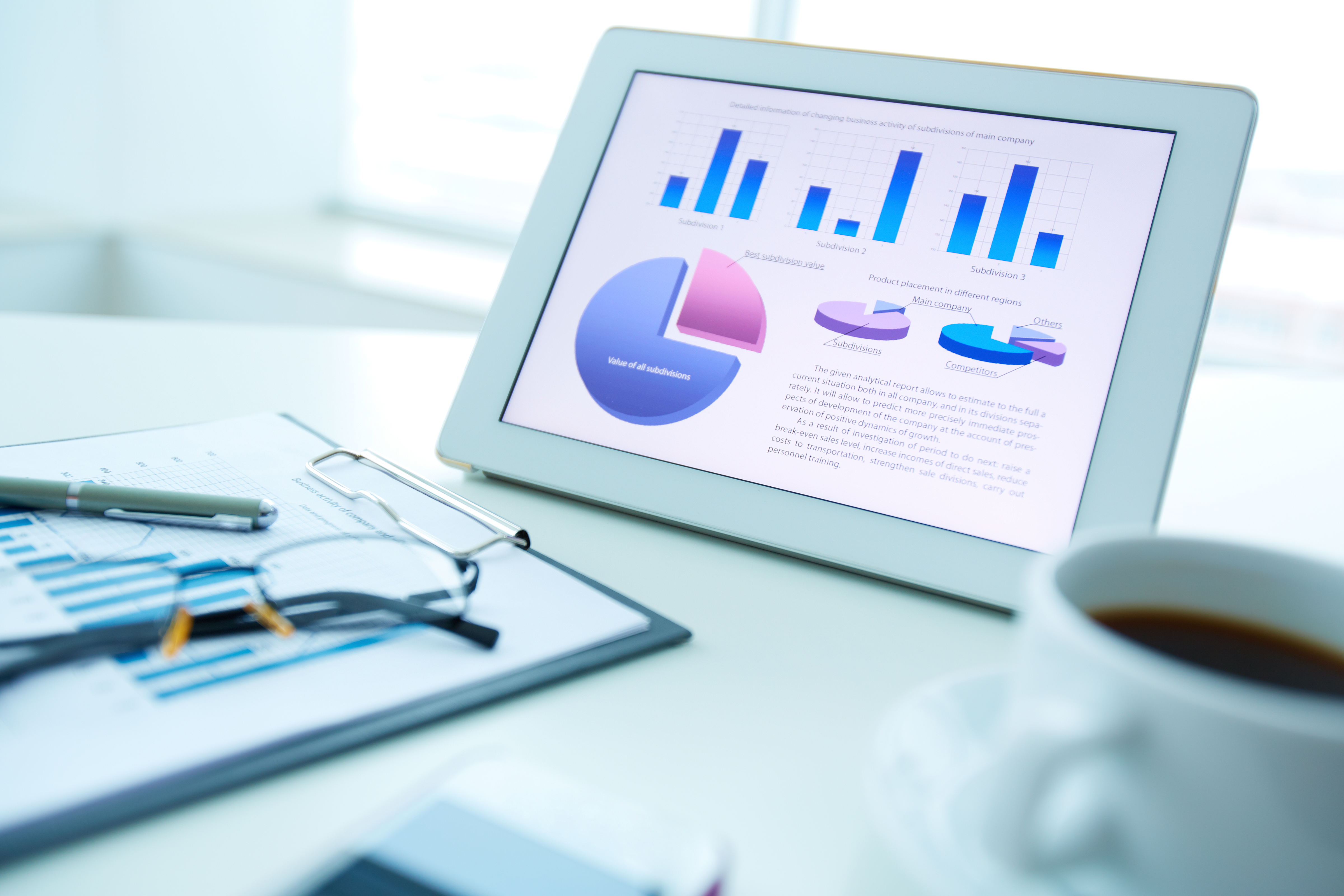
Advanced reporting and analytics tools help track and improve practice performance:
Key Performance Indicators (KPIs): Tracks metrics like patient visits, revenue, and treatment outcomes.
Custom Reports: Allows for the creation of tailored reports to analyze various aspects of the practice.
Benefits of Using Dental software
Improved Efficiency: Automates administrative tasks, reducing manual workload and allowing staff to focus on patient care.
Enhanced Patient Experience: Provides better appointment management, communication, and access to health records, improving overall patient satisfaction.
Accurate Record Keeping: Ensures accurate and up-to-date patient records, reducing the risk of errors.
Financial Management: Streamlines billing and payment processes, improving revenue cycle management.
Data Security: Protects patient information through secure storage and compliance with regulatory standards.
Importance of Dental software
Dental software plays a critical role in modernizing dental practices by:
Streamlining Operations: Integrating various administrative and clinical tasks into a single platform.
Enhancing Patient Care: Providing tools that improve the quality and efficiency of patient care.
Ensuring Compliance: Helping practices adhere to regulatory requirements, such as HIPAA, for patient data protection.
Driving Practice Growth:b Offering insights through analytics and reporting to inform strategic decisions and foster growth.
Implementing dental software can significantly enhance operational efficiency, improve patient care, and ensure regulatory compliance. By automating and integrating various aspects of dental practice management, these tools help dental professionals focus on delivering high-quality care while maintaining a streamlined and effective practice.